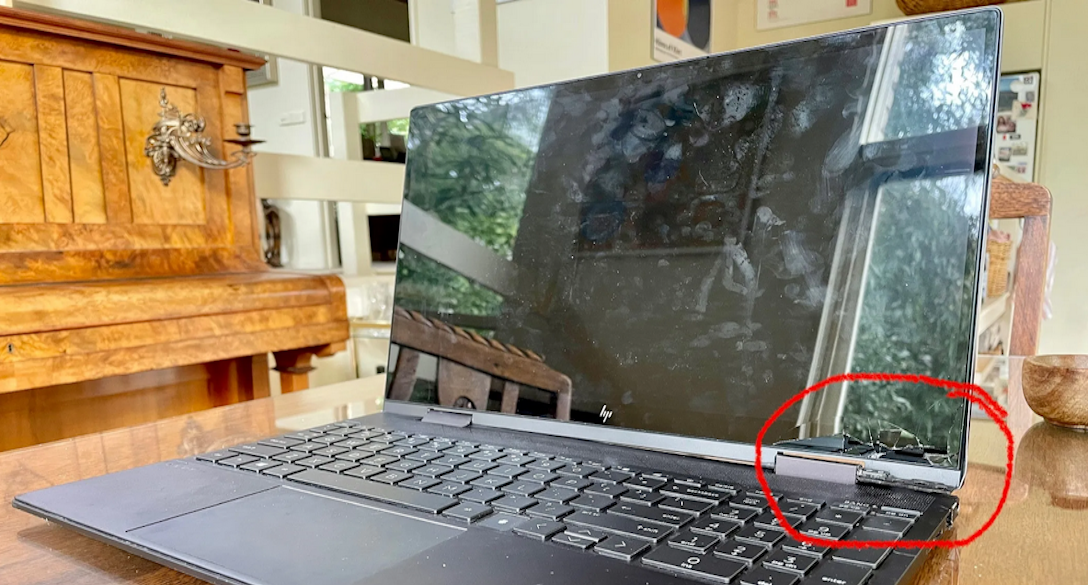'I’m not going to be cured'. How breast cancer awareness and support sidelines people with metastatic disease
- Written by Sophie Lewis, Senior Lecturer, University of Sydney, University of Sydney

There have been incredible advances[1] in breast cancer diagnosis and treatment in recent years. And stories about celebrities who have “beaten” breast cancer continue to be a source of inspiration for many people.
However, this emphasis on fighting, beating and surviving cancer shuts out the voices of those who will not survive. That is, the many people diagnosed with incurable, life-limiting metastatic breast cancer, which kills nine Australians every day[2] or nearly 3,300 people[3] a year. Yet an estimated 10,000[4] Australians are living with the diagnosis.
Being diagnosed with metastatic breast cancer, as one of the authors has been, means ongoing treatment to live as long, and as well, as possible. It also means an ongoing need for emotional and practical support.
However, society, health-care professionals, cancer advocacy organisations, even a patient’s closest family and friends, can struggle to understand what it is like to live with an incurable and life-limiting cancer and how best to provide support.
Why is there so little awareness?
Metastatic breast cancer[5], also called stage four breast cancer, is the most serious form of breast cancer. Unlike early breast cancer that is contained within the breast or nearby lymph nodes, metastatic breast cancer has spread to other parts of the body, most often the bones, lungs, liver, or brain.
There is no cure for metastatic breast cancer despite decades of advocacy, funding and research. Treatment continues for as long as it helps to control the cancer and is tolerated by the patient. Median survival is two to three years[6], although newer, novel treatments mean some patients are living much longer.
As a society, we can be uncomfortable talking about and facing death[7]. When it comes to cancer, we usually prefer focusing on good news stories. These narratives are often perceived to be better for fundraising and are reassuring for people newly diagnosed. But they fail to represent[8] the diversity and reality of cancer experiences.
Despite considerable research into people with non-metastatic breast cancer, relatively little[9] is known about Australians with metastatic breast cancer.
Read more: 'The dirty disease' – both smokers and non-smokers get lung cancer. They face stigma on top of illness[10]
Feeling silenced and unsupported
Through our research[11] we wanted to better understand people’s experiences of metastatic breast cancer. We interviewed 38 participants from around Australia with diverse experiences of metastatic breast cancer. Participants were recruited through breast cancer and community organisations.
We found messages and public campaigns about cancer survivorship, which emphasise hope and positivity, drowned out the voices of those with metastatic breast cancer. The focus on “success stories” about surviving breast cancer made some people feel like it was their responsibility to “beat” cancer. If they didn’t, it was their own fault. As one interviewee told us:
I react quite badly to all the, ‘we’ve had breast cancer and we beat it and we’ve survived. Aren’t we fantastic.’ There’s almost a feeling if you haven’t beaten your breast cancer you haven’t tried hard enough.
Silence around metastatic breast cancer was common in research participants’ experiences. It prevented many from connecting with others and to the support they needed. It even affected relationships with those closest to them leaving them feeling misunderstood:
They don’t realise I’ve got to be on treatment forever. I’m not going to be cured. I think society thinks everything can be fixed; metastatic breast cancer actually can’t be fixed.
Sharing deep fears and worries about their life expectancy can leave people with metastatic breast cancer feeling drained rather than supported. Many participants reported having to support and shield family, friends, acquaintances and work colleagues from the reality of their terminal diagnosis.
You hide how you feel because you don’t want to be avoided […] You put on that big, happy face. But like an onion if you peeled the layers away, you’d find out what’s going on.
While many participants wanted to join a community of people with metastatic breast cancer, they struggled to know how to find one. Those who did, emphasised how invaluable it had been:
Being able to identify with and know that these people really get me is a huge relief and it reduces the isolation.
These findings echo previous research[12] demonstrating people with metastatic breast cancer have higher support needs than those with non-metastatic breast cancer. And these needs are less likely to be met[13] by health care, support services[14], family or friends.
Read more: Poor, middle-aged Australians are more likely to die from cancer – and the gap is widening[16]
A new path
Being diagnosed with metastatic breast cancer can be terrifying, lonely and create significant support needs. It is essential people with metastatic breast cancer have their voices listened to[17] and their needs met.
Next steps should include:
improving data collection by cancer registries[18] so we know exactly how many people in Australia have metastatic breast cancer
increasing representation of people with metastatic breast cancer in advocacy, support organisations and research
nationwide access to peer-to-peer programs and professionally led metastatic breast cancer support groups.
We must ensure people with metastatic breast cancer are the ones to speak to their experience and needs. As a colleague with metastatic breast cancer said:
I read an article written by an early-stage breast cancer ‘survivor’. It felt like someone describing winter when they had only ever experienced autumn.
If you or someone you know has metastatic breast cancer, these organisations may be able to support you or connect you with others with the same diagnosis:
The authors would like to thank the members of Breast Cancer Network Australia’s Metastatic Breast Cancer Lived Experience Reference Group for their review of this article.
References
- ^ advances (www.cancer.gov)
- ^ which kills nine Australians every day (www.aihw.gov.au)
- ^ 3,300 people (www.aihw.gov.au)
- ^ estimated 10,000 (www.bcna.org.au)
- ^ Metastatic breast cancer (www.breastcancer.org)
- ^ two to three years (onlinelibrary.wiley.com)
- ^ talking about and facing death (theconversation.com)
- ^ represent (onlinelibrary.wiley.com)
- ^ relatively little (www.bcna.org.au)
- ^ 'The dirty disease' – both smokers and non-smokers get lung cancer. They face stigma on top of illness (theconversation.com)
- ^ research (onlinelibrary.wiley.com)
- ^ previous research (www.bcna.org.au)
- ^ less likely to be met (www.bcna.org.au)
- ^ health care, support services (bmchealthservres.biomedcentral.com)
- ^ Shutterstock (www.shutterstock.com)
- ^ Poor, middle-aged Australians are more likely to die from cancer – and the gap is widening (theconversation.com)
- ^ voices listened to (ascopubs.org)
- ^ improving data collection by cancer registries (bcna-dxp.azureedge.net)













